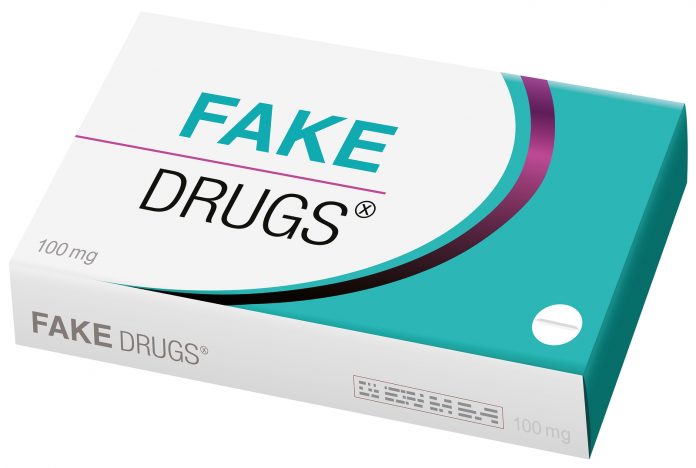
When most people hear the words “nursing home abuse,” they envision physical or mental abuse. However, not all forms of elder abuse are visible. In some cases, health care fraud may actually be a sign of abuse in nursing homes.
What is Health Care Fraud?
Health care fraud can come in many forms, but generally, it involves improper, inflated or unlawful medical billing.
Nursing home residents funded by Medicare, Medicaid or private insurance are particularly vulnerable to fraud. When it occurs, the resident inevitably suffers.
Health care fraud can include:
- Double billing, upbilling or upcoding, in which billing will include more supplies or procedures than used or performed.
- Phantom billing, in which the nursing home bills for care or services that are not performed or are unnecessary.
- Billing for items or services that aren’t covered.
- Billing for goods or services that are medically unnecessary.
- Offering kickbacks in exchange for medical records or unused drugs.
Health care fraud will inevitably affect residents of the affected nursing home, but it will also impact everyone else using public insurance.
Insufficient staff can also be a sign of fraud, and a nursing home with insufficient staff may be at greater risk of abuse.
“If the nursing home does not have sufficient staff, your loved one may not receive even basic care,” says Steinberg Goodman & Kalish. “While this is an indicator of health care fraud, it may also lead to nursing home abuse or neglect.”
Family members should inquire about staff members to ensure that residents are receiving sufficient care.
How Does Health Care Fraud Affect Nursing Home Residents?
Nursing home patients are extremely vulnerable. Cognitive issues, physical limitations and other medical conditions often make residents completely reliant on nursing home staff for their medication, meals and personal care. Their vulnerability makes them at risk of mistreatment by being involved in health care fraud.
Nursing home residents can be affected in many ways, including:
- Being at risk of unwanted or unnecessary procedures and medications in order to justify fraudulent billing. The effects of unwanted medication can be deadly in some cases.
- Pressure from staff and pharmacists to sell their personal information in exchange for kickbacks, thereby forcing the resident to participate in the crime.
- Identity theft when medical records are stolen and used to obtain prescription medications.
- Falsified medical records in order to justify fraudulent billing, which can put the resident’s life and future care in jeopardy.
- Insufficient medication. Nursing home staff may be bribed to sell unused drugs, forcing them to withhold medication from residents who need them.
Service providers and nursing home staff are the ones who are best able to detect signs of health care fraud and abuse. However, they are often reluctant to report their findings out of fear of repercussions for reporting their employers.
It’s important for families to be diligent and monitor their loved ones closely. Nursing home facilities engaging in both health care fraud and abuse must be reported in order to protect the lives and care of the residents.
















